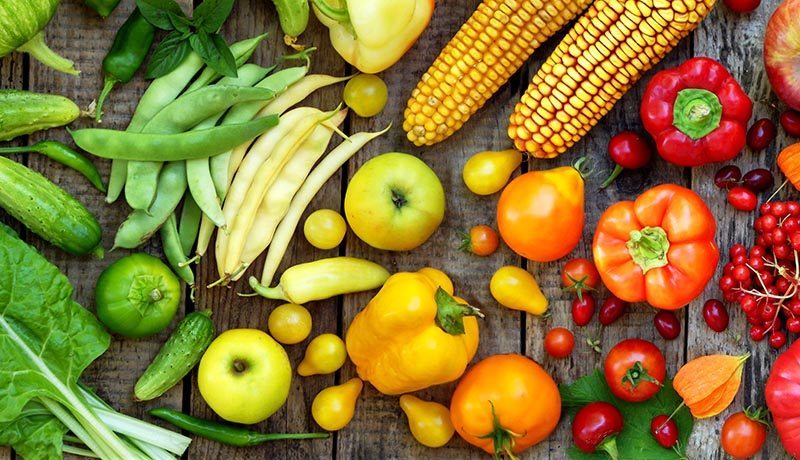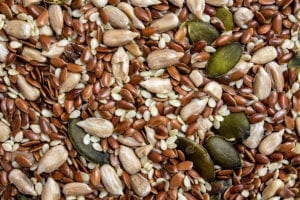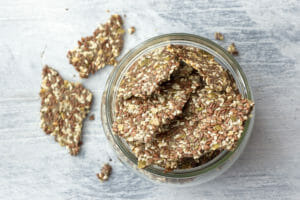Are You Confused About Conflicting Dietary Advice?

Hardly a day goes by without another news report containing dietary advice. In fact, sometimes it appears in complete contrast to the day before.
This can be confusing and we can be forgiven for giving up on all dietary advice!
Take these two articles for example from the New Zealand Herald:
- Diet that cuts out fat may lead to an early death
- Five-a-day fruit and vegetable theory debunked
Often the science is correct but it’s been re-written in a new context to make it more newsworthy. And of course, they need a headline and dietary advice sells.
Let’s take these two stories dishing up dietary advice for example:
1. Reducing fat intake may lead to an early death
The Canadian research spanned 18 countries and was presented at the European Society of Cardiology Congress in Barcelona. And the data found that consuming high levels of fats cut mortality by up to 23 per cent.
The researchers said, “Our data suggests that low-fat diets put populations at increased risk for cardiovascular disease.” And those on low fat diets tend to eat too much stodgy food like bread, pasta and rice. Eating in this way caused them to miss out on vital nutrient, the experts said.
“Getting the balance of fats and carbohydrates right was about achieving a ‘sweet spot’ which was best for health”, they added.
I’ve highlighted the word balance as that is the MenoMe® philosophy of health, beginning with a woman’s hormones. The truth is, we’re all about happy, healthy hormones. And to help this end make this a mantra you live by.
EAT COLOURS
Avoid plain white processed foods with “empty” calories such as sugar and flour.
2. Five-a-day fruit and vegetable theory debunked
While reading the headline of the second article, “Five-a-day fruit and vegetable theory debunked” you might wonder. “Wow, shouldn’t I eat fruit and vegetables then? I’m confused!”
Actually, all it says is that eating four 80g serves gives you the same benefit as eating 5+ serves a day. For public health messages to mass populations of people the messaging has to be very plain, simple and clear.
And the 5+ a day campaign has been very successful at communicating the importance of eating fruit and vegetables.
It cleverly uses a hand, with five fingers to communicate so that even children get it. But sadly it seems that many families cannot afford five serves of fruit and veges a day. Not to worry, because four could be enough. Well, at least statistically, five gave no more benefit than four in this study.









